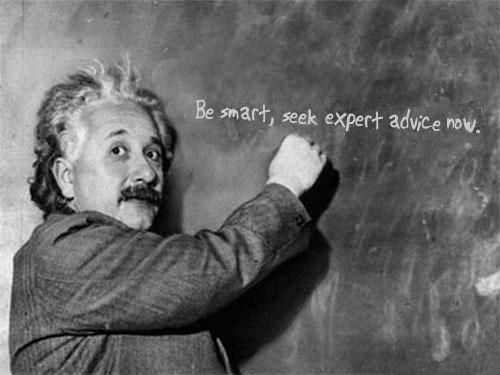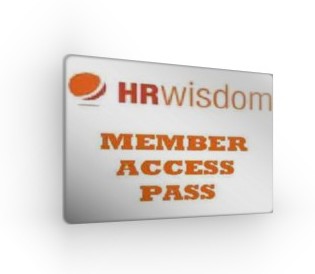Today we are looking at employment law and social media and have called upon an experienced employment lawyer for advice.
 This HRwisdom blog article comes courtesy of Tim Capelin, a Partner based in the Sydney office of law firm Piper Alderman.
This HRwisdom blog article comes courtesy of Tim Capelin, a Partner based in the Sydney office of law firm Piper Alderman.
Tim has acted for leading organisations in most industry sectors including food and beverage, retail, health & hospitality, pharmaceutical, logistics, resources, construction, government, finance and insurance. He frequently presents on workplace law topics, is a regular contributor to industry and legal publications and is sought by the media for comment on workplace law issues.
[box type=”alert”]Have you attended one of our free daily online workplace law Employer Briefings yet? To attend, click here: Free Employment Law Briefing [/box]
Over to Tim . . .
Employment Law And Social Media
From an employment relations point of view social media has had two major impacts. It has brought what used to be clearly private conduct, more regularly into the workplace, and it has provided a highly useful array of tools for communicating with employees and customers, as well as those designed to help grow your business.
Employees have always been critical of their employers to friends and family. In the past this was done discretely, on the telephone or in small gatherings. When this action is transferred into a social media setting the dissemination can be vast and the damage is likely to be greater.
With appropriately integrated strategies, the likelihood of inappropriate comments being widely published can be reduced and the capacity for your organisation to take decisive action against offending employees enhanced.
Professional networking sites, such as LinkedIn, have become the business development tool of choice for many sales people, particularly in the services sector. However, the pipeline of leads and contacts created with such a tool can depart your organisation with your sales and other staff. This could have occurred in the past with client and prospect lists however, the tracking of such actions was previously easier. There are measures available to maximise the potential, whilst limiting the downside risks, of employees using LinkedIn and similar tools, this involves an integrated approach to employment contracts, policies and IT procedures.
An integrated aproach
As mentioned, it is best to have an integrated approach to managing social media risks. An aspect of that approach is putting into place an appropriate Social Media Policy.
The content of such policies does not need to sit within its own separate policy, it can be included in your organisation’s HR, IT or other relevant more general policies.
However, to better ensure the policy comes to your employees’ attention and therefore improve compliance, we recommend that you extensively and regularly communicate the existence of the policy.
In the next HRwisdom Blog post, we’ll follow-up this article on employment law and social media by examining what to cover in a workplace social media policy.
To see Tim Capelin’s contact details, click here.
[box type=”alert”]Don’t forget to attend one of our free daily online workplace law Employer Briefings. To attend, click here: Free Employment Law Employer Briefing [/box]
HRwisdom






